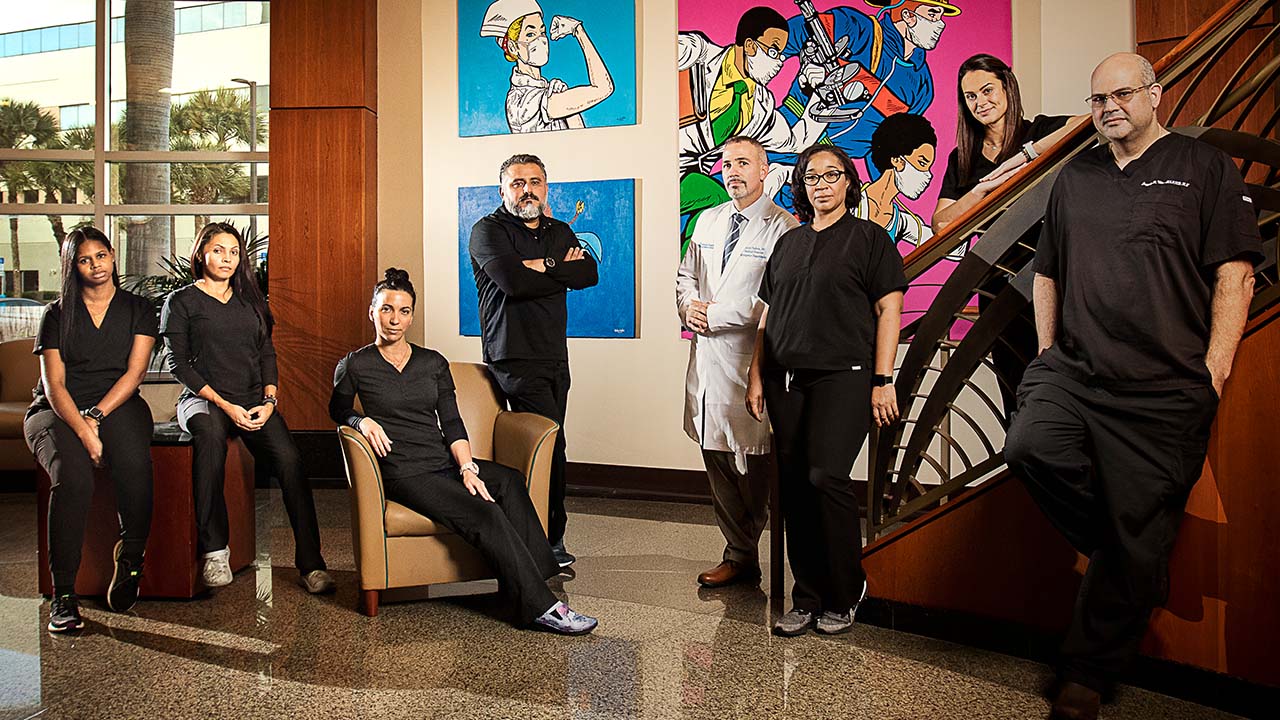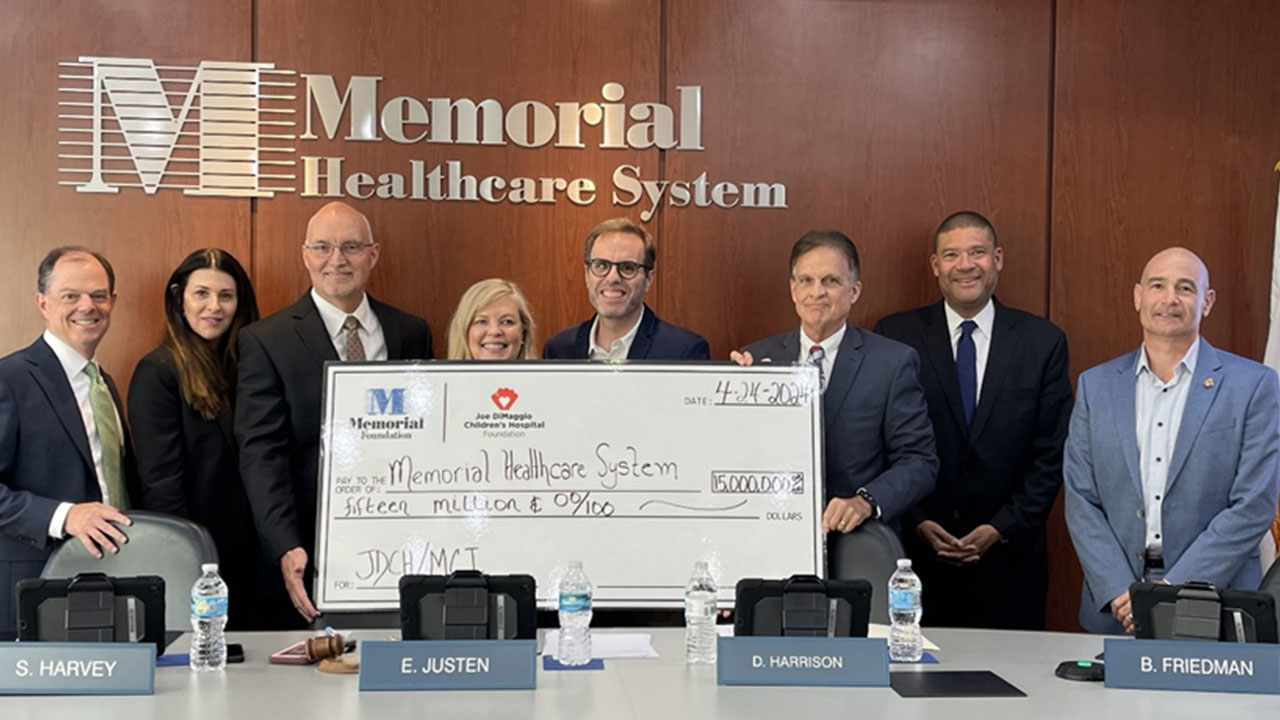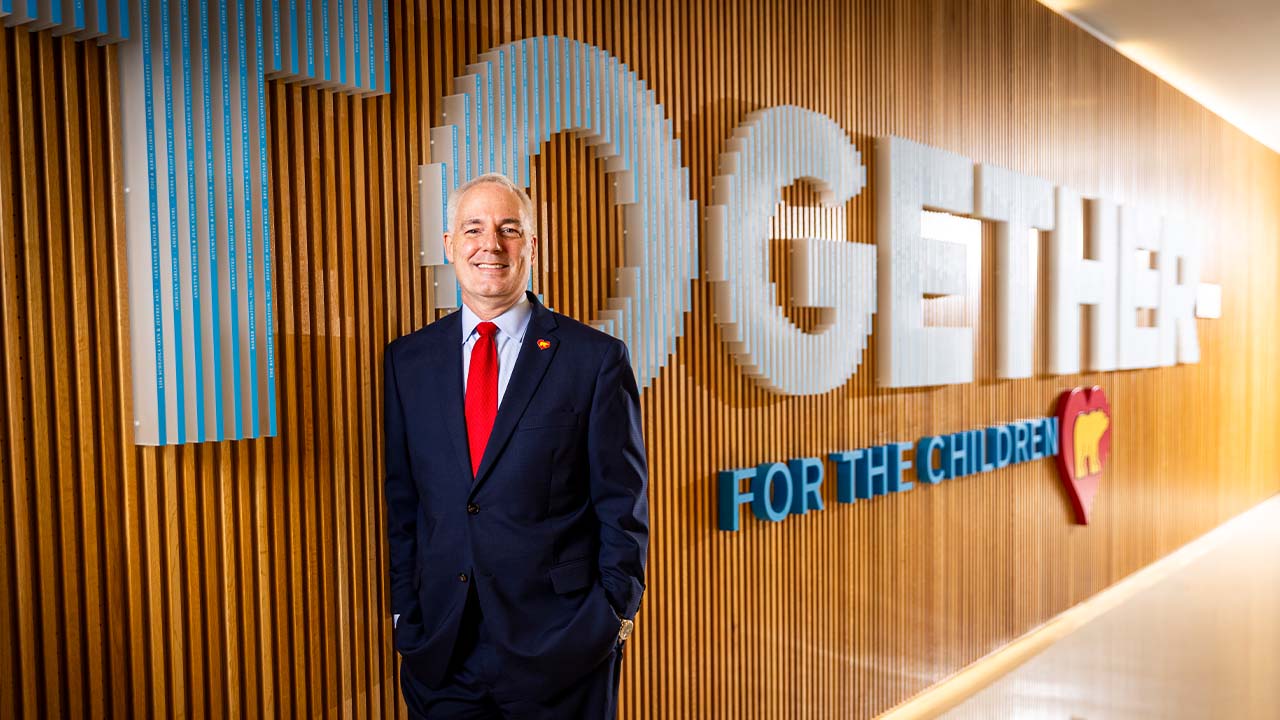For more than 70 years, the baby boomer generation has been leaving its imprint on the American landscape. It’s a generation of people born from post-war optimism—both economically and technologically.
Decades later, the effects of this boom are still being felt. Along with the many accomplishments it has already contributed, this demographic will continue to play an instrumental role in shaping the future of how older adults are perceived—and the care they’ll need as they age. We’re talking about health care and how it’s delivered.
Florida has 4.9 million Medicare-eligible adults—second only to California. That number, while staggering now, will continue to grow as boomers age into the program. In fact, by 2030, older Americans will make up 21% of the U.S. population and approximately 24.1% in Florida.
While older generations are living longer, healthier lives, the population of younger generations is declining. By 2060, the number of people aged 65 and older in the U.S. is projected to double to more than 98 million, marking the first time in history that the number of older adults will outnumber children under age 5.
With this generation expanding, it’s a good time to reset perceptions of what it is to be an older adult and what this new population will need as it ages. The focus is shifting from how to extend lifespans to how to improve the quality of life for individuals in their later years. As this changes, so too will the health care industry and the costs associated with providing care.
Consider this: In 2021, Medicare spending grew to $900 billion. That’s a quarter of the National Health Expenditure (NHE), a measurement that calculates annual health spending in the U.S. And over the next decade, NHE spending is expected to increase an additional 5.4 percent.
This growth in spending will be seen across the spectrum—from an increased need for health care providers, in-home caregiving, and assisted living facilities to the potential rise in insurance premiums and coverage options for older adults.
“We have the opportunity to act now to reduce the potential continued strain on the system,” says Camille Harrison, Florida Blue’s executive vice president of Medicare and chief innovation and experience officer.
There’s a need to engage people earlier in their healthcare journey. This means incorporating more health and wellness programs and resources, and strongly encouraging participation throughout an individual’s life, not just as they reach Medicare age. This will ensure individuals have the support they need to stay as healthy and active as they can as they mature.
At the same time, proactive planning and investments are also needed in health care infrastructure—from where people go to receive care to how they obtain it—to ensure the aging population is not only well cared for but also that our health care system, Medicare and private insurance programs remain sustainable and supportive of all that’s changing. These investments will save the healthcare ecosystem in the long run.
Health insurance programs need to support these changes, too. As the unique needs of older adults change, insurance plans must follow suit, including the types of benefits and services members receive. While this may make the insurance landscape more competitive, it will also ensure transparency in healthcare costs, which will help keep costs affordable and coverage accessible.
“We’re at a crossroads,” adds Harrison. “By 2040, adults 65 and older will make up the largest percentage of our population. It’s time to think differently. It’s time to reimagine healthcare delivery and redefine business models to make sure older adults and their caregivers have the resources and support that are needed now and into the future. And health insurance companies can lead this transformation by working with community and provider partners and adopting technologies to support health care needs.”
When it comes to infrastructure, this means expanding the capacity of medical facilities and the healthcare workforce. It’s more than just a need to add more assisted living facilities and nursing homes. It’s also establishing more primary care and specialist practices in their areas. This will help prioritize preventive care and encourage whole-person healthy lifestyles, reducing the overall burden on the system.
Artificial intelligence (AI) will also play a big role, potentially impacting health care in ways we don’t fully know yet. While plenty of technology advancements are already taking place—like telemedicine, diagnostic imaging and predictive analytics—it’s likely to only get bigger and better in the future. These technological advancements can help us better manage and care for the aging population’s needs.
This type of change requires commitment and collaboration, not only from those providing care and those receiving it, but also from community organizations, government agencies, health insurance and pharmaceutical companies, technology and informatics firms, financial entities, academia and more.
“We must connect like-minded individuals,” says Harrison. “Those who think outside the box to impact positive, but disruptive, change to better serve the needs of the growing Medicare population. This means looking at new ways to embrace technology and the use of AI, developing cross-industry partnerships, and connecting with disruptors so each party can bring their expertise to the table and make changes in real-time. We know the wave is coming. It’s how we prepare for its impact now that will make all the difference in the future.”
















